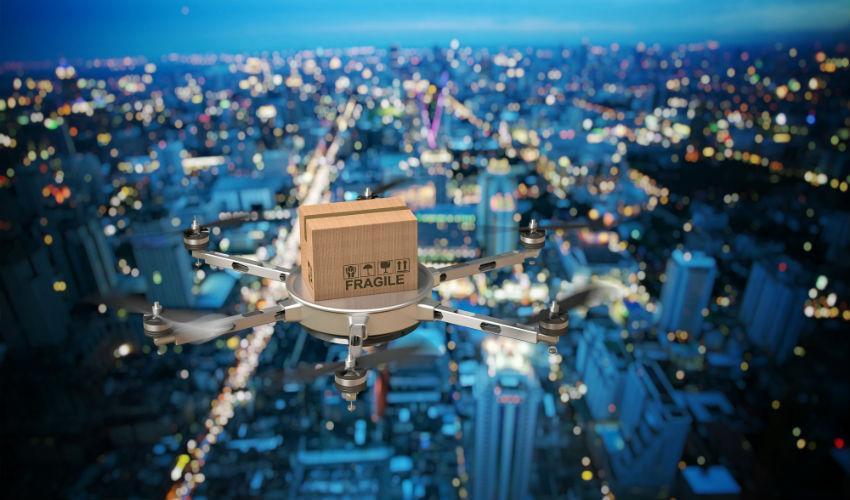
Do You Want to Be Healthy and Eat Many Tasty Treats? Then You'll Pay More for Express Shipping
IOANNIS EVANGELIDIS AND COAUTHORS, THROUGH FIVE LAB EXPERIMENTS, FIND THAT PERCEIVED GOAL CONFLICT IN EVERYDAY LIFE CAUSES ANXIETY AND STRESS, WHICH LEADS TO FEEL PRESSED FOR TIME. MAKING US IMPATIENT AND WILLING TO PAY TO SAVE TIMEFor Christmas Amazon has chosen to release an advert not about ecommerce, but about its express shipping service Amazon Prime. Some weeks earlier Carrefour, a mass retailer, had scattered on the walls of Milan and Rome dozens of puppets seemingly in the act of climbing, to make its clients know that they could save time using its delivery service.
Time constriction and willingness to pay to save time are traits of our age, that Ioannis Evangelidis (Bocconi’s Department of Marketing), Jordan Etkin (Fuque School of Business, Duke University) and Jennifer Aaker (Graduate School of Business, Stanford University) trace back to the ubiquity of goal conflict in Pressed for Time? Goal Conflict Shapes How Time is Perceived, Spent and Valued (Journal of Marketing Research: June 2015, Vol. 52, No. 3, pp. 394-406, doi: 10.1509/jmr.14.0130).
“Five experiments demonstrate that perceiving greater conflict between goals makes people feel time constrained, driven by increased stress and anxiety. These effects (...) impact how consumers spend time as well as how much they are willing to pay to save time”, the scholars summarize.
If it is intuitive that conflict between goals competing for our time (like being successful at work and good parents at home) may lead to feel time constrained, Evangelidis and co-authors show that the same is true for conflicting but not time-related goals. Also the conflict between being healthy and inducing in tasty treats, or saving money and buying nice things boost our perception of time constriction. Conflicting goals increase our stress levels, and, in turn, stress makes us feel that we are running out of time.
Finally, perceiving more goal conflict and feeling time-pressed makes people more impatient (they are willing to wait fewer days for a new car to be delivered) and induces them to consider time more valuable (they are willing to pay up to 30% more for express shipping of a good purchased online).
Authors speculate that perceiving more goal conflict could also have other behavioral consequences, that marketers should take into account: consumers may spend less time in-store on shopping trips or may utilize online shopping outlets at a greater degree.
The authors investigate also how to decrease stress, anxiety and time-constriction feelings and find easy and effective ways to do it: breathing slowly and deeply and reappraising anxiety as excitement. In case of need, then, “marketers may foster such reappraisal by encouraging people to take a deep breath, or by labeling situations that might evoke anxiety as exciting”.
by Fabio Todesco
